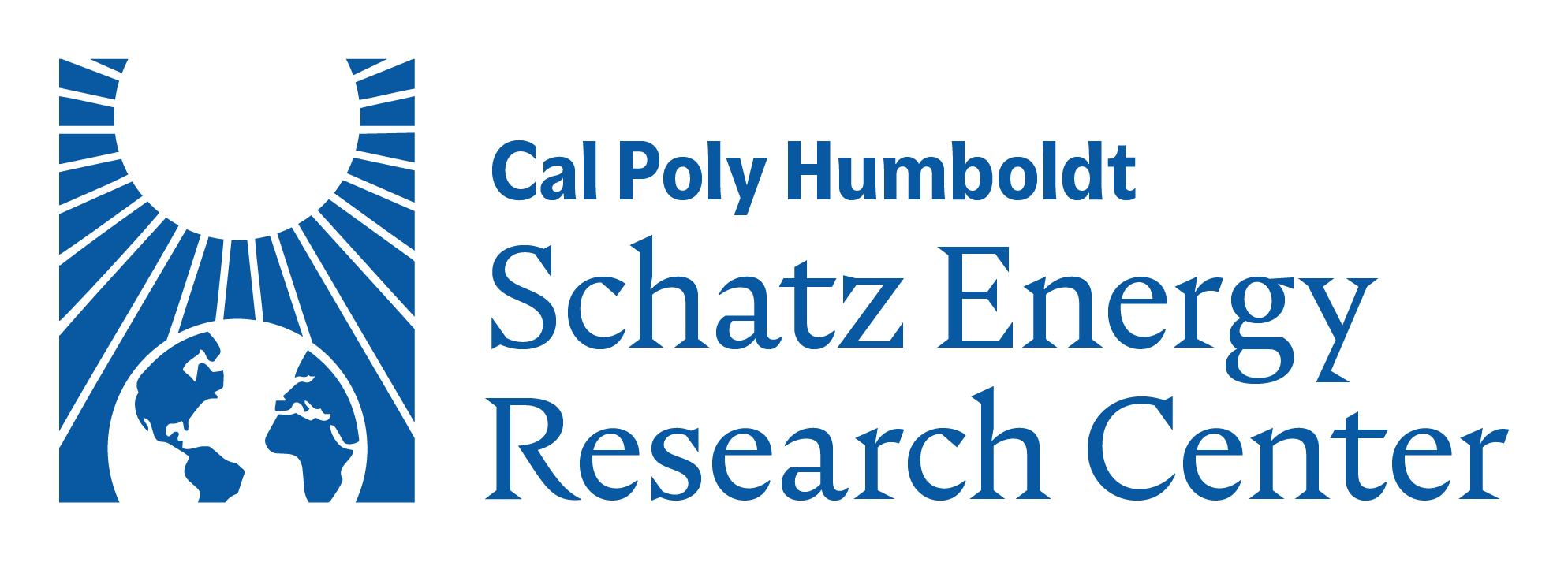
Renewable energy can be a pillar of a sustainable future in industrialized and developing countries alike. Over the past decade renewable energy has moved from the margins into the mainstream, as commercially viable markets have emerged in a number of countries around the world. However, the sustainability of these new markets is not guaranteed. Market institutions that ensure quality and protect consumer interests are critical to support and expand renewable energy markets.
Kenya has one of the largest markets per capita for solar electric systems among developing countries, but it has been plagued by quality problems and even fraud. For example, while many of the solar module brands sold in Kenya perform adequately, some companies have sold low quality products that produce only a fraction of their rated power output. See the graph above showing test results for five competing brands of 14 Watt rated solar modules sold in Kenya for an illustration of these problems.

In some cases the low performing brands have managed to persist in the Kenya market for years. Their “success” is due to an absence of effective regulatory institutions, and in part because the rural Kenyans who buy solar electric systems have had little access to reliable information about the relative quality of competing brands. These problems have created reputation problems for solar technology, and almost certainly have slowed the expansion of the market.
Over the past several years we at SERC have worked with colleagues from Kenya and the University of California, Berkeley to create solutions for these quality and market development problems. We have combined engineering expertise with creative policy approaches to ensure the quality of all modules sold in the market. At the heart of our approach is a low cost method for measuring the field performance of solar modules. Our work has already made a difference – some of the lowest performing brands have been withdrawn from the market as the result of our efforts.
Recent performance tests at SERC’s rooftop solar laboratory indicate that low performing solar modules are also being sold in North American markets. In the coming months we will release a study on the performance of 15 Watt rated amorphous silicon solar modules sold by major internet retail outlets. The creation of quality assurance mechanisms is a crucial component of renewable energy market development in countries from Kenya to the United States. Success depends on innovative solutions that build on and strengthen existing market institutions, and that employ engineering approaches that are appropriate given the resource constraints of each country. Success also requires a long-term commitment to renewable energy market development, and much work remains in Kenya, the U.S., and elsewhere. We at the Schatz Energy Research Center at Humboldt State University are committed to the task.














